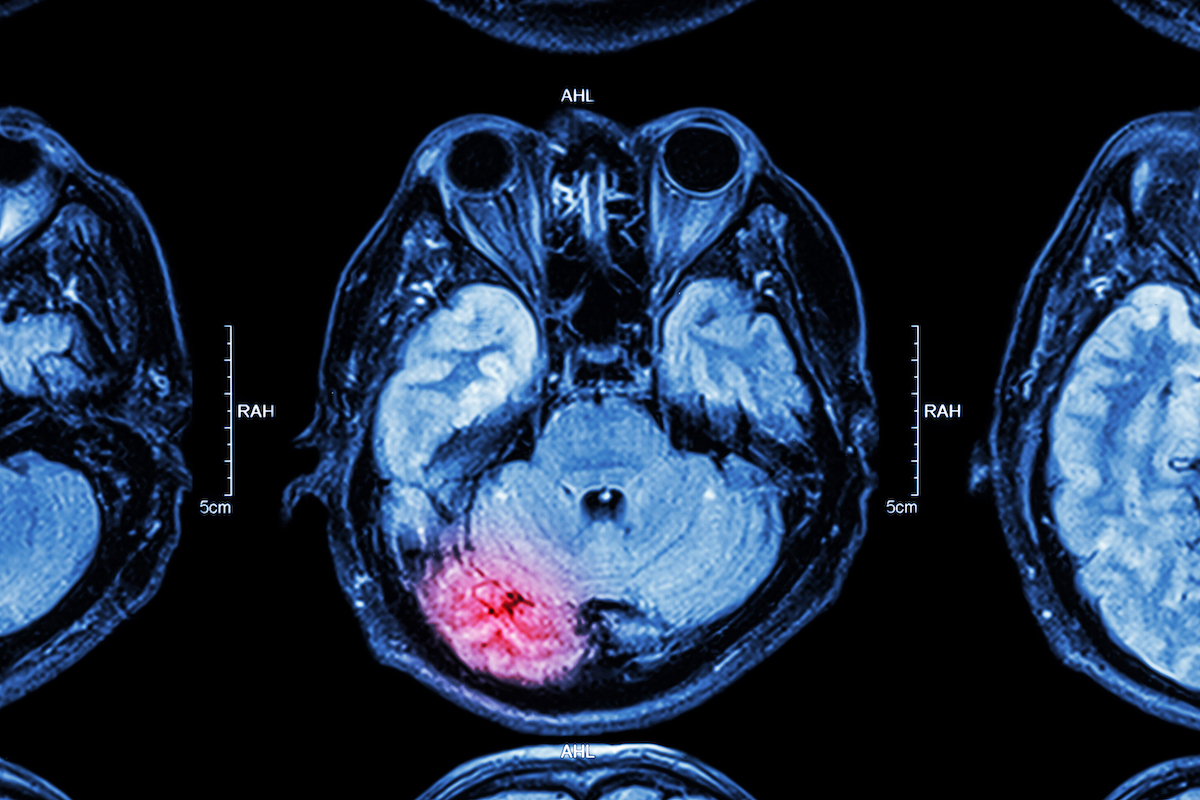
Could My Symptoms Point to Undiagnosed TBI?
Traumatic brain injuries (TBI) are one of the most common types of injury following a major motor vehicle crash. Whether due to blunt force trauma of the head hitting the steering wheel, windshield or other object, or gravitational forces that cause the brain to slam against, or bounce around, the inside of the skull, TBI can lead to fatality, permanent disability, or altered quality of life, especially if proper treatment isn’t received.
But because many symptoms of concussion and brain injury are silent and don’t reveal themselves for days or weeks following an accident, many TBIs go undiagnosed on initial examination. Symptoms can start mild, or be so subtle that the victim doesn’t associate them with the original injury, but often worsen over time.
Traumatic brain injuries (TBI) are one of the most common types of injury following a major motor vehicle crash.
Physical
Victims of TBI can experience a variety of physical problems including dizziness/loss of balance, nausea and vomiting, seizures, and worsening or lingering headaches. A significant portion of TBI patients complain of general and/or localized headache pain. While headaches are common after a bump to the head, headaches that become more frequent or don’t respond to general treatment should raise a red flag.
Emotional
Irritability during accident recovery is normal, but sudden or drastic mood swings, unexplained bouts of crying, angry outbursts, anxiety, or irrational behavior that wasn’t part of your personality prior to the accident may indicate that you suffered damage to the part of the brain that controls impulses and regulates emotion. While you may not notice these uncharacteristic behavioral changes, family members and friends may mention them.
Sensory
Heightened sensory sensitivity is common in TBI patients. The injured brain is more easily fatigued trying to process the sensory stimuli in a formerly comfortable environment. Overly loud background noises, bright lighting and even certain fabrics can overwhelm the senses. Other TBI symptoms of sensory damage include ringing in the ears and double vision.
Cognitive
Confusion and disorientation is common immediately following an accident involving head injury, but lasting trouble with focus, memory, speaking, reading, or reasoning is not only troublesome for the patient, it can make performing duties of family and professional life impossible. Learning new tasks becomes difficult and problem solving and analyzing skills cannot be trusted. It’s a mistake to assume impaired cognition will go away on its own.
Certain discomfort is to be expected after a car crash, and even mild TBIs can cause symptoms that are disruptive to everyday life. If you have been in a vehicular accident — or any other accident — and are experiencing unusual physical, emotional, sensory, or cognitive symptoms, you may have an undiagnosed TBI. The sooner you get treatment, the better your chances are for a positive outcome.
Contact Medical Injury Rehabilitation Services for a thorough evaluation of your symptoms. Our board certified physicians and neurologists specialize in the diagnosis, treatment, and rehabilitation of traumatic brain injuries.



Conditions Our Doctors Specialize In Treating
| Musculoskeletal Pain | Fibromyaxlia | RSD/CRPS | Discogenic Back Pain | Sciatica | Concussions |
| Headaches | Diabetic Peripheral Neuropathy | Plantar Fascitis | Post-Laminectomy Syndrome | Shingles | Spinal Stenosis |
| Traumatic Brain Injury | Parkinson's Disease | Tremors | Dystonia | Chorea | Myclonus |
List of Procedures We Perform
| Trigger Point Injections / Tendon Sheath Injections | Occipital Nerve Blocks for Headache Treatment | Supratrochlear Nerve Blocks for Headache |
| Supraorbital Nerve Blocks for Headache | Carpal Tunnel Injections | Cervical / Thoracic / Lumbar Epidural Steriod |
| Cervical / Thoracic / Lumbar Facet Blocks | Cervical / Thoracic / Lumbar Radiofrequency Ablation / Lesioning / Neurotomy / Denervation | Sacrolliac Joint Injections |
| Spinal Cord Stimulator Trials and Implants | Pain Pump Implants and Management | Peripheral Joint Injections |
| EMG and Nerve Conduction Studies | Deep Brain Stimulation Calibration | ACDF/Lumbar Fusion/Disc Replacement/Spinal Cord Stimulator |


